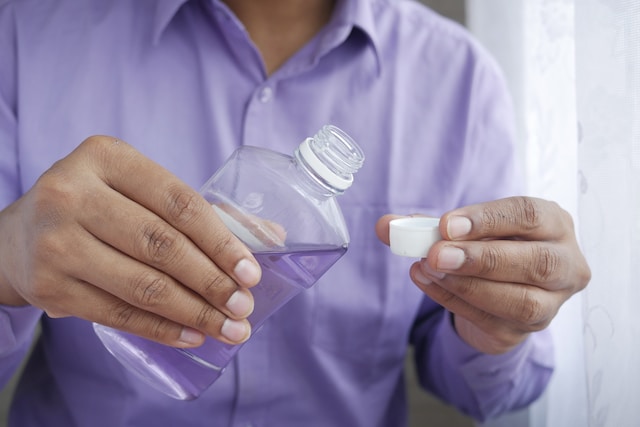Recent research indicates that mouth inflammation and gum disease, caused by oral bacteria, are associated with various health issues beyond bad breath. These ailments include dementia and diabetes. Fortunately, researchers from Osaka University suggest that using antiseptic mouthwash can help combat the bacteria responsible for these health problems.
Type II diabetes could be prevented through dental hygiene
The study found that individuals with Type 2 diabetes who used an antiseptic mouthwash experienced a significant decrease in periodontitis-related bacteria. This resulted in improved control over blood sugar levels for some participants, suggesting potential clinical implications.
Lead author Saaya Matayoshi, highlighted the association of three particularly aggressive bacterial strains with periodontitis, which affects the tissues around teeth. The study aimed to investigate the potential reduction of these bacteria—Porphyromonas gingivalis, Treponema denticola, and Tannerella forsythia—in individuals with Type 2 diabetes by employing a mouthwash formulation containing the antiseptic chlorhexidine gluconate.
Researchers conducted a year-long study involving 173 participants, collecting saliva and blood samples monthly or bimonthly. They analyzed saliva samples for three bacterial species and measured HbA1c levels in blood samples as an indicator of blood sugar control. During the first six months, participants gargled with water, while in the second six months, they used antiseptic mouthwash. This allowed researchers to compare the effects of gargling alone versus mouthwash on bacteria reduction.
Antiseptic mouthwash more effective among young people
Senior author of the study,Kazuhiko Nakano, said that were not surprised by the lack of impact on bacterial species or HbA1c levels when gargling with water, stated Kazuhiko Nakano. However, transitioning to mouthwash resulted in a general decrease in bacterial species among patients who gargled at least twice daily.
The study found that while there were no overall changes in HbA1c levels when patients used antiseptic mouthwash, there were significant individual variations in responses. Younger participants experienced greater reductions in bacterial species and better blood sugar control with mouthwash compared to water.
Therefore this suggests that simple interventions like improving oral hygiene could have significant benefits, particularly for individuals with periodontitis-linked diseases such as diabetes, dementia, cardiovascular disease, and respiratory tract infections.


